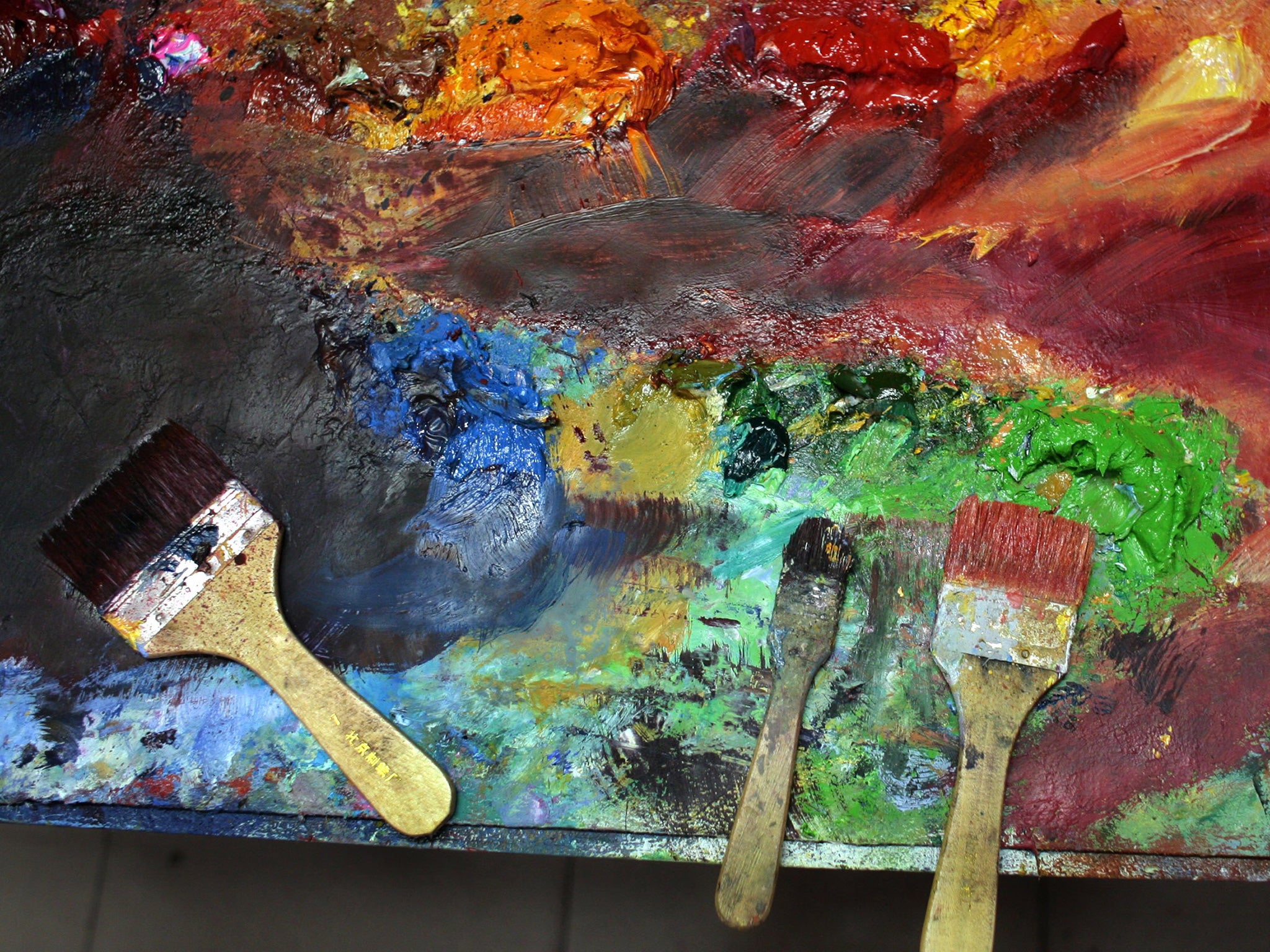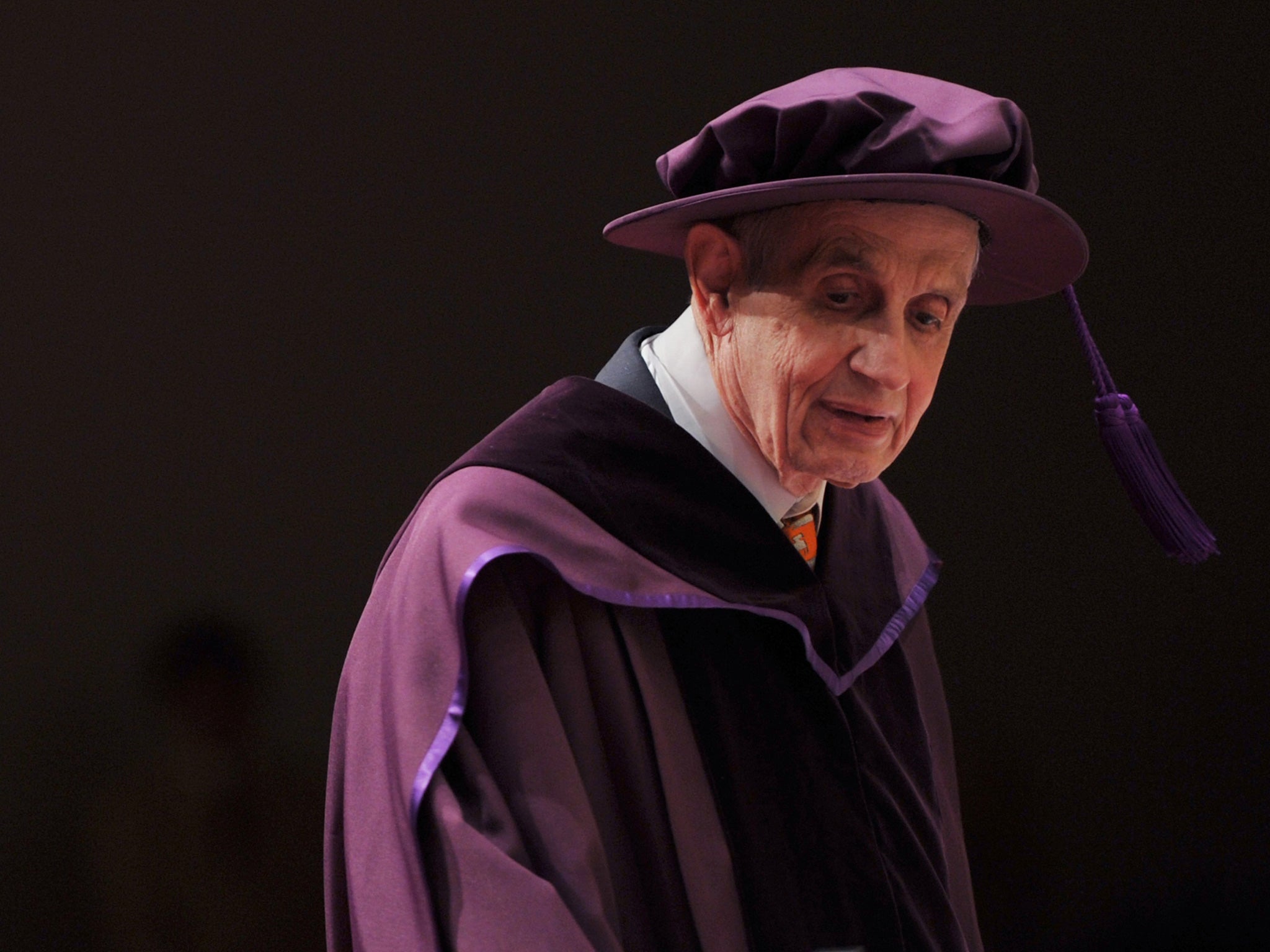Scientists find that schizophrenia and bipolar disorder are linked to creativity
Thinking differently from others has been considered a hallmark of creativity

The Roman philosopher Seneca the Younger famously wrote two millennia ago that “there is no great genius without some touch of madness” – now scientists have shown that he may have been right.
A study of the medical records of 150,000 individuals has found that the relatives of patients diagnosed with schizophrenia or bipolar disorder are more likely than the general public to be creative professionals such as actors, dancers, musicians, visual artists or writers.
The researchers cannot be sure whether the link is due to the shared genes of the family relatives or a shared upbringing and environment, but they suggested that it could be explained by similarities in the way the brain works in creative people and in patients with schizophrenia and bipolar disorder.
A previous analysis of the genomes of 86,000 Icelanders had already identified genetic traits that doubled the average risk of schizophrenia and increased the chances of bipolar disorder by more than a third.
The researchers looked for the same DNA variations in the genomes of 1,000 members of Icelandic national societies representing visual artists, actors, dancers, musicians and writers and found that these creative professionals were 17 per cent more likely than non-members to carry the same genetic variants.

The scientists then compared their findings with four other studies in the Netherlands and Sweden involving a further 35,000 people. This revealed that members of the creative professions were 25 per cent more likely than other professions to carry the DNA variants linked with schizophrenia and bipolar disorder.
“We are here using the tools of modern genetics to take a systematic look at a fundamental aspect of how the brain works,” said Kari Stefansson, chief executive of DeCode, a company based in Reykjavik dedicated to analysing the human genome with the help of Iceland’s extensive medical and genealogical records.
“The results of this study should not have come as a surprise because to be creative you have to think differently from the crowd and we had previously shown that carriers of genetic factors that predispose to schizophrenia do so,” said Dr Stefansson, the leader of the study published in the journal Nature Neuroscience.
The researchers point out in their study that thinking differently from others has always been considered one of the hallmarks of creativity, which is why genius has so often been linked throughout history to what is widely described as “madness”, with examples ranging from troubled artist Vincent Van Gogh to mathematician John Nash.
“Great thinkers of the past from Aristotle to Shakespeare have remarked that creative genius and insanity are often characterised by the same unleashing of thoughts and emotions. This is supported by epidemiological studies demonstrating overlap be between psychiatric disorders and creativity,” the scientists say in their study.
However, other scientists said the link that the DeCode team has found, although real, is still very small.
“If the distance between me, the least artistic person you are going to meet, and an actual artist is 1 mile, these variants appear to collectively explain 13 feet of that distance. Most of the distance between the artist and me is therefore due to other genetic variants and/or environmental factors,” said David Cutler, a geneticist at Emory University in Atlantic, Georgia.
Last week, British scientists found further evidence to link genetic variations with schizophrenia, a serious mental disorder that is usually diagnosed in later adolescence or early adulthood and it marked by delusions and paranoia.
Five years ago, a separate team of researchers from the Karolinska Institute in Stockholm, Sweden, found similarities in the way the brain’s dopamine system – a neurotransmitter linked with a number of mental disorders – works in creative individuals and patients with schizophrenia.
Join our commenting forum
Join thought-provoking conversations, follow other Independent readers and see their replies
0Comments